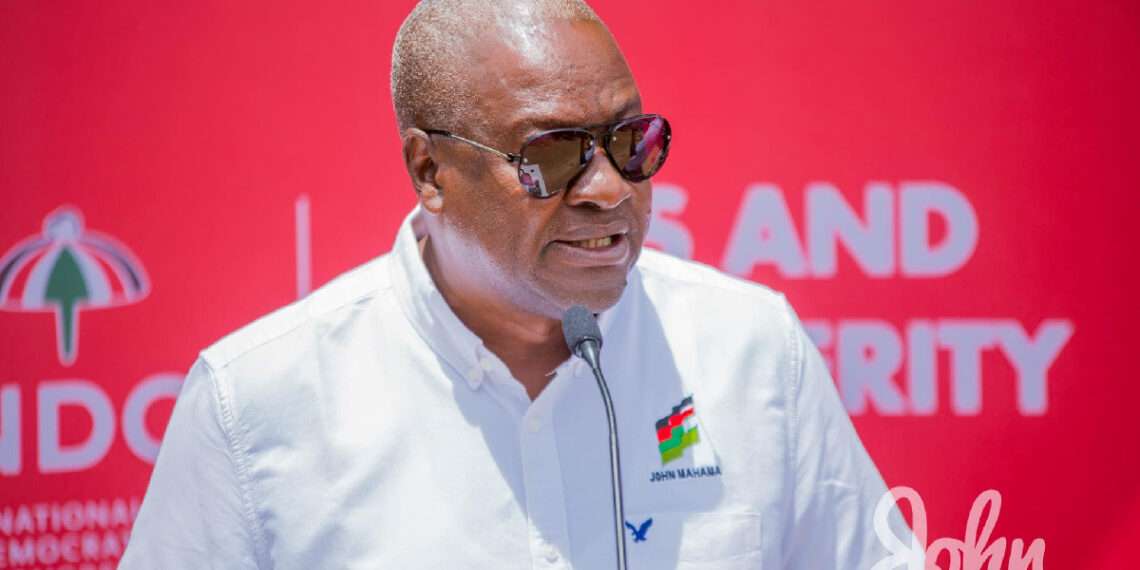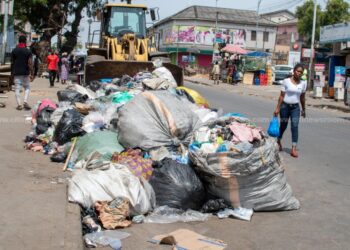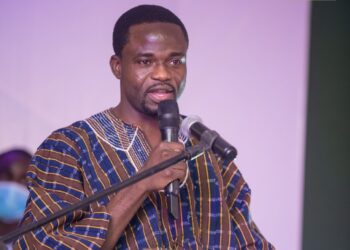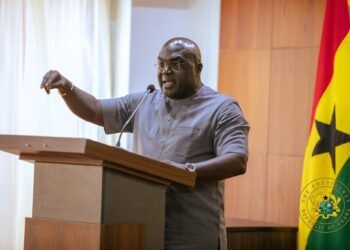Oliver Barker Vormawor, a distinguished lawyer and social activist, has described John Mahama and the NDC’s decisive electoral victory as a landmark moment in Ghana’s democratic history.
He noted that it took 32 years of democracy, spanning eight regular election cycles and two runoff elections, to reach this point — a moment that may never be replicated.
Barker Vormawor emphasized that this victory represents more than just an electoral mandate.
“Hear me when I say, this is a mandate for the NDC-Mahama government to undertake constitutional reform,” he declared.
He further described it as a call for probity and accountability, stating that no government in recent history has been handed such an opportunity to build a legacy, “apart from Nkrumah.”
He underscored the historic weight of the mandate and the far-reaching responsibilities it places on the incoming administration.
“Mahama got 56 percent of the popular vote. 14 out of 16 regions. 68 percent of the military vote. And 80 percent of the police vote.
“Over 2/3rds majority in Parliament. A President who is a one term president and so has no reelection concerns. A person who has presidential experience; and so can hit the ground running from day 1”.
Oliver Barker Vormawor
Vormawor further cautioned that squandering the trust of the Ghanaian voter would have dire consequences for the nation’s future.
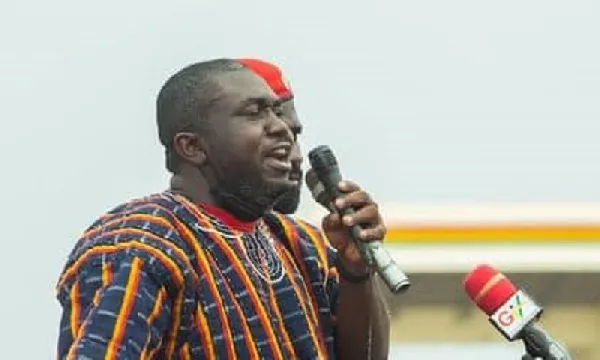
He warned that if this hard-earned confidence is misused, it could irreparably undermine the country’s prospects for progress.
“I am not sure we can ever, ever again get Ghana anywhere close to its vision,” he lamented, highlighting the gravity of the moment and the critical need for responsible leadership and governance.
Vormawor highlighted the unique nature of the current political opportunity and the long-term impact that mismanagement could have on Ghana’s democratic aspirations.
Unrivaled Public Backing Declared for Mahama’s Presidency
Furthermore, Oliver Barker Vormawor asserted that Ghanaians are ready to extend their support to the new President, John Mahama, beyond the ballot box, offering a powerful mandate from the streets as well.
He suggested that this level of public backing could surpass even the formidable support Jerry John Rawlings received in 1979.
“All the Ghanaian has to give, we have given!” he declared, underscoring the depth of the people’s commitment.
He highlighted the weight of public expectation on the incoming administration and the rare opportunity it has to harness this widespread goodwill to drive transformative change.
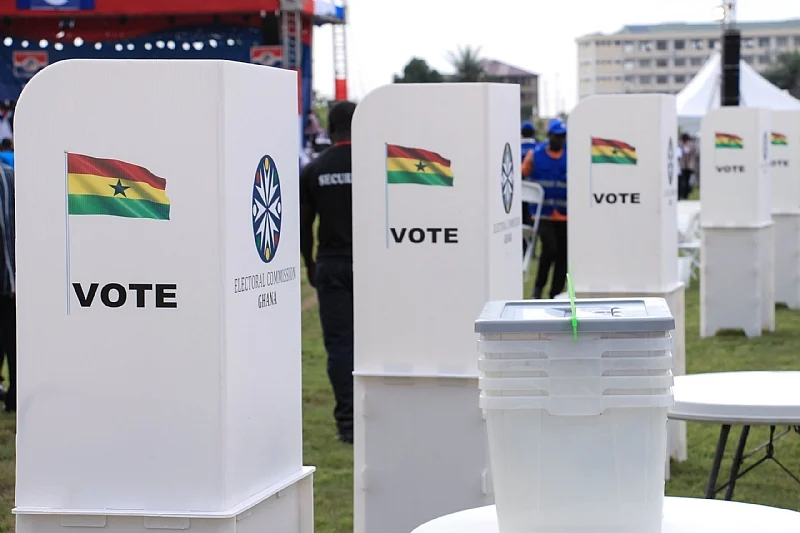
“There can be no excuses this time. Wallahi, Only the NDC can sabotage the NDC at this rate. Apt! ORAL should not be another lip service.
“ORAL is a bigger message than the 24-hour economy. Why didn’t the NDC make that their flagship campaign? Opana would have gotten 27%”
Oliver Barker Vormawor
Vormawor warned John Mahama sternly, cautioning him against adopting a “father-for-all” approach at the expense of his campaign promise to launch Operation Recover All Loots.
He emphasized that any deviation from this commitment would provoke a swift and forceful response from the public.
This statement underscores the high expectations of accountability and justice placed on the incoming administration, with Vormawor signaling that Ghanaians are prepared to hold the President to his word through mass mobilization and protest if necessary.
Vormawor also stressed the urgent need for citizens to take a stand against corruption, declaring that Ghana must no longer be a country that enables or protects thieves.
He called for a fundamental shift in the nation’s governance, driven by the aspirations of the youth. “The youth are demanding a New Republic — a more just Republic,” he asserted.
This call reflects a broader push for systemic reform, where justice, transparency, and accountability become the pillars of national development.
Vormawor highlighted the growing impatience of young Ghanaians with the status quo and their demand for a reimagined Republic that prioritizes integrity and fairness.
READ ALSO: MTN Ghana Gains as GSE Market Capitalization Hits GHS 109.1 Billion

